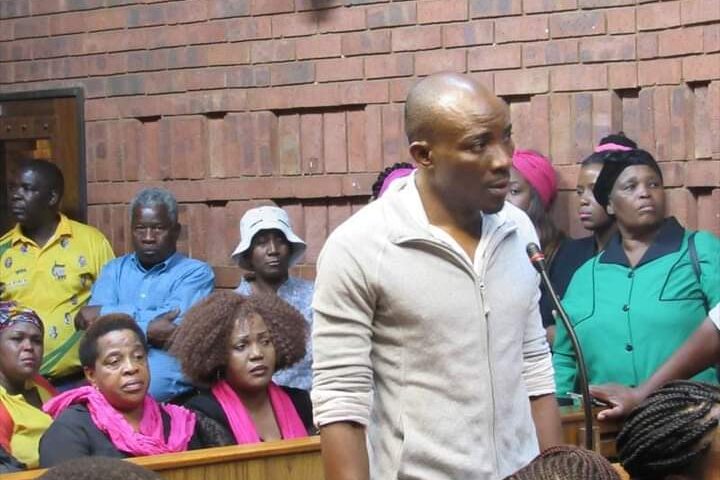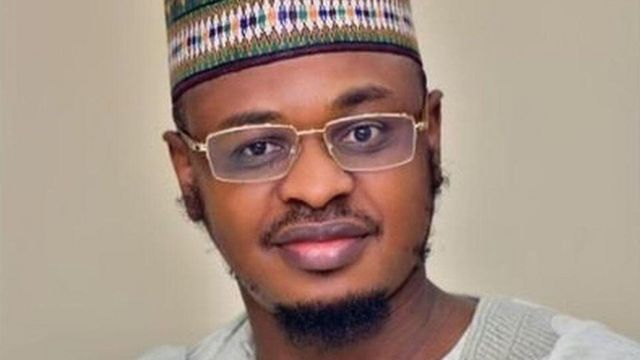Six Nigerian innovators have been shortlisted among 10 others for the Africa Prize for Engineering Innovation (APEI), UK Royal Academy of Engineering.
This year’s Africa Prize for Engineering Innovation shortlists includes the creators of a low-cost ventilator powered by water instead of electricity, a digital financial services solution that audits users based on their online social profiles, and sustainable packaging developed from banana stems to help battle plastic pollution and deforestation.
The Africa Prize, run every year by the UK’s Royal Academy of Engineering, awards crucial commercialisation support to ambitious African innovators who are transforming their communities through scalable engineering solutions.
The 2021 shortlist represents nine countries including, for the first time, Côte d’Ivoire, Senegal, Ethiopia and the Gambia. Six of the 16-strong shortlist are female innovators.
Below are the six Nigerian innovators who made the list:
Elohor Thomas
Elohor Thomas created CodeLn, an automated tech recruitment platform that helps companies looking to hire people in the software engineering field. It is also an accessible learning tool, allowing novices and professional programmers alike to improve their coding skills, with special functions for those with additional needs, such as visually impaired and neurodiverse coders.
Faith Adesemowo
Faith Adesemowo developed Social Lender, a digital service that provides immediate access to formal financial services to those with little to no previous access.
Jacob Azundah
Jacob Azundah developed Aevhas, a high-efficiency garri processing machine, used to process the tuberous roots of the cassava plant into garri – a powdery flour and diet staple across West Africa.
Olugbenga Olufemi Olubanjo
Olugbenga Olufemi Olubanjo created Reeddi, an energy system used to provide clean, reliable and affordable electricity to households and businesses operating in the energy-poor communities of sub-Saharan Africa.
Taofeek Olalekan
Taofeek Olalekan developed RealDrip, a medical device that simplifies essential intravenous therapy, used especially for pregnant women during drip and blood transfusions.
Yusuf Bilesanmi
Yusuf Bilesanmi developed ShiVent, a low-cost, non-electric and non-invasive ventilator for patients with respiratory difficulties, available at a fraction of the cost of mechanical ventilators. Its simple design enables it to be operated by unspecialised healthcare workers.
The programme has a track record of identifying engineering entrepreneurs with significant potential, many of whom have gone on to achieve greater commercial success and social impact.
A unique package of support – running from December 2020 to July 2021 – is being provided to the shortlisted innovators to help them accelerate their businesses. The benefits of selection include comprehensive and tailored business training, bespoke mentoring, media and communications training, funding and access to the Academy’s network of high-profile, experienced engineers and business experts based in the UK and across Africa, as well as access to the alumni network after the programme concludes.
This year marks the first fully digital programme, providing intensive expert guidance and community support through a mixture of an online group and one-on-one sessions.
Emma Wade Smith OBE, Her Majesty’s Trade Commissioner for Africa at the UK Department for International Trade said: “It makes me very proud to be part of this initiative that demonstrates so clearly and practically the power of partnerships between Africa and the UK.
The range of innovations and innovators in this years shortlist offers an insight into Africa’s extraordinary diversity and talent and illustrate the importance we all place on nurturing and supporting Africa’s self-starters to create and scale sustainable and inclusive products and services that will help us rebuild our economies to be greener, cleaner and more resilient.
The Africa Prize helps to accelerate entrepreneurial capacity and ecosystems. I am excited to follow the progress of this year’s cohort, and am certain we will see many of these inventions go on to create and sustain jobs and benefit our societies, as so many of the previous participants in the Africa Prize have done.”
Following this period of support, four finalists will be selected and invited to pitch their improved innovation and business plan to the judges and a live audience. A winner will be selected to receive £25,000, and three runners up will receive £10,000 each.
2021 shortlist includes innovations that provide exciting solutions for key challenges addressing most of the UN’s Sustainable Development Goals, including reducing waste, improving healthcare efficiency, and a range of digital solutions to improve business productivity.
The companies range from transforming banana and plantain stems to biodegradable paper packaging products, a low-cost biowaste processing machine for farmers to manage biowaste, a high-efficiency machine used to process Garri, and bioplastic made from biomass which dissolves in water.
The entrepreneurs have also developed a cost-effective 3D printed prosthetic hand for people with upper limb amputations, 3D printed orthopaedic equipment for patients and healthcare workers, a low-cost non-electric and non-invasive ventilator for patients with respiratory difficulties, a device that uses artificial intelligence to simplify intravenous therapy, and a digital healthcare platform which manages the medical data of patients to ensure continuity of care.



